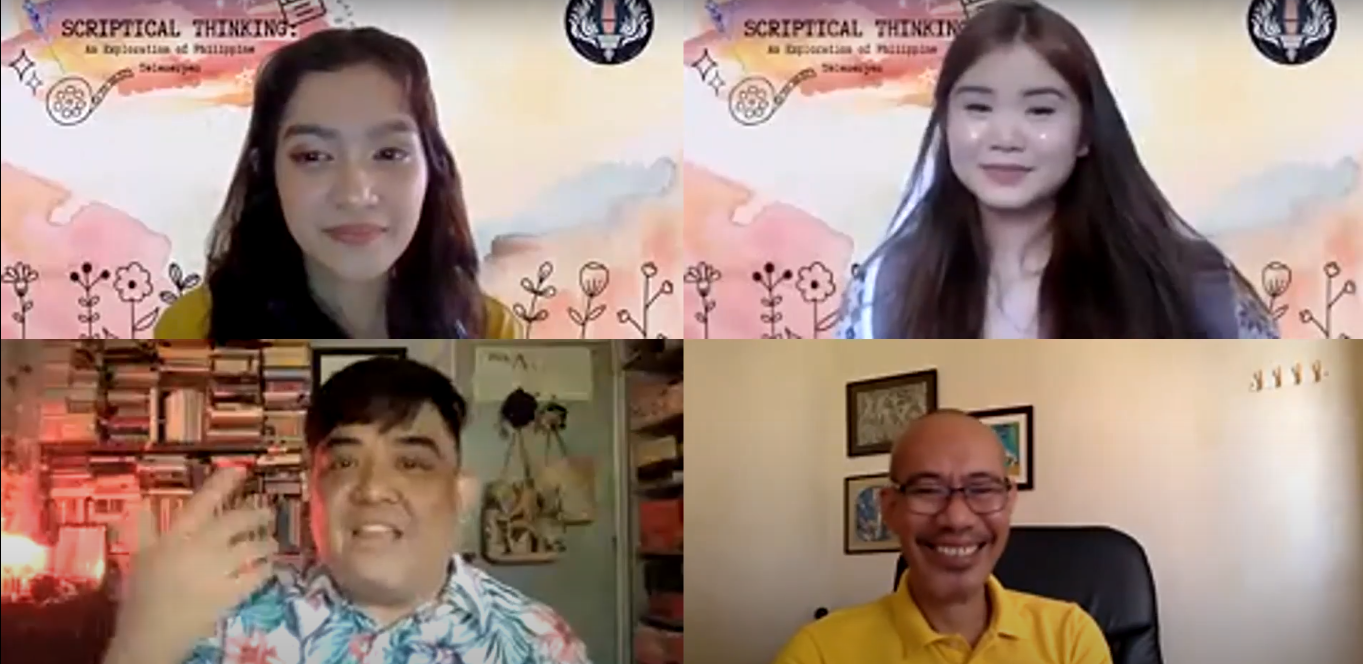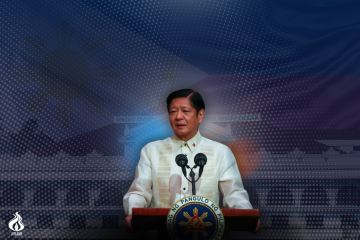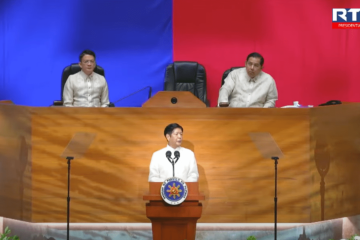
SCREENWRITERS SHOULD portray social realities in Philippine teleseryes to persuade audiences to fight oppression, a literature professor and award-winning writer said.
Louie Jon Sanchez, a literature assistant professor from the Ateneo De Manila University, said the Filipinos’ intimate relationship with teleseryes has made it a lot easier to bring up social realities, such as the oppression under the Duterte administration.
“It is easy to use teleserye as a metaphor to describe blue ribbon committee investigations and it is easy to use teleserye as a metaphor to portray election campaigns because of the close proximity of this medium and its product to our lives,” Sanchez said during the “Scriptical Thinking: An Exploration of Philippine Teleseryes” webinar last Dec. 1.
“Ngayon, napakahalagang panahon ito para bawiin natin ang [kwentong] inagaw sa atin ng mga walang hiya sa gobyerno (Now is an important time to take back the stories the shameless government has stolen from us),” Sanchez added.
Sanchez, an awardee of Don Carlos Palanca Memorial Awards for Literature, noted that literature is a reflection of reality that can mold people’s views.
“Literature in the Philippines is not just literature. Literature is something that shapes perceptions and gives importance to peoples’ lives,” he said.
Sanchez urged creative writing students to use literature to end oppression as it plays an important role in shaping the lives of people.
“It’s time for us to put a stop to this ongoing narrative of oppression. In that way, maaari muli nating bawiin ang drama ng ating buhay (we can take back the stories of our lives),” he added.
In the same forum, poet and screenwriter Jerry Gracio cited the need to properly represent members of the lesbian, gay, bisexual, transgender and queer community in mainstream media.
“Writers are now more politically aware. They now avoid misrepresentation,” he added.
‘State support needed’
While Filipino writers and producers could take advantage of The Filipino Channel (TFC), a global subscription network, Sanchez said government support is still the key to reach a wider audience.
“Our advantage is that Filipinos are everywhere, TFC is everywhere. We already have a sure market because Filipinos are everywhere. We should tap it,” Sanchez said.
“[But] government support is the key to penetrate the world globally,” he added.
Sanchez noted that South Korea is the best example that attained global recognition because of the state support for their culture and media industry.
“They are very successful because of the state support. And it’s a more powerful diplomacy,” he said.
The webinar was organized by the UST MaKatha Circle, the official student society of creative writing majors from the Faculty of Arts and Letters. F



